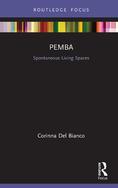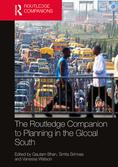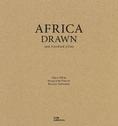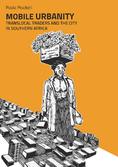governance call for papers Cohesion tools and techniques conferences habitability neighborhood collaborative urban design globalization educational sociology design industrial sites regulation housing events participation news large scale plans & projects networks urban renewal climate change inu study day history innovation
Pemba
Spontaneous Living Spaces
Corinna Del Bianco
Pemba: Spontaneous Living Spaces looks at self-built dwellings and settlements in the case study city of Pemba in the Cabo Delgado region of Mozambique.
Self-built houses born from need, in haste and with limited economical resources are often considered to be temporary structures but frequently become an integral part of the urban fabric, representative of a local culture of living. The study is part of the Spontaneous Living Spaces research project, and through a variety of documentation tools, it investigates the evolution of the architectural and urban elements that characterize self-built dwellings in Pemba.
The evolution of the spontaneous living culture creates new forms of living in the city connected to local cultural expressions and the environment. These are placed in relation to the traditional and contemporary living cultures, settlement trends and the natural environment. Covering a history of housing in Mozambique and unpacking four settlement types in Pemba, this book is written for academics, professionals and researchers in architecture and planning with a particular interest in African architecture and urbanism.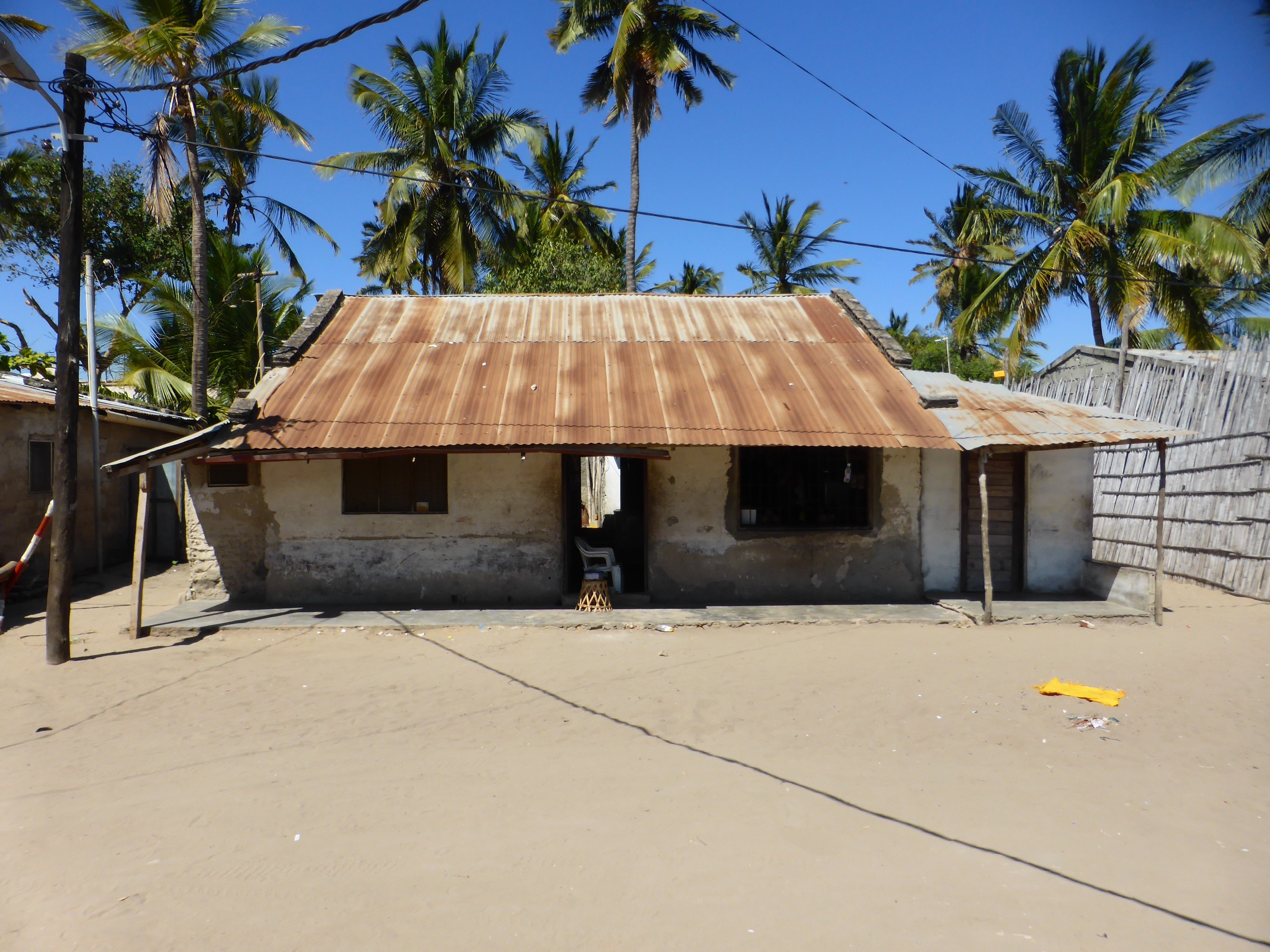
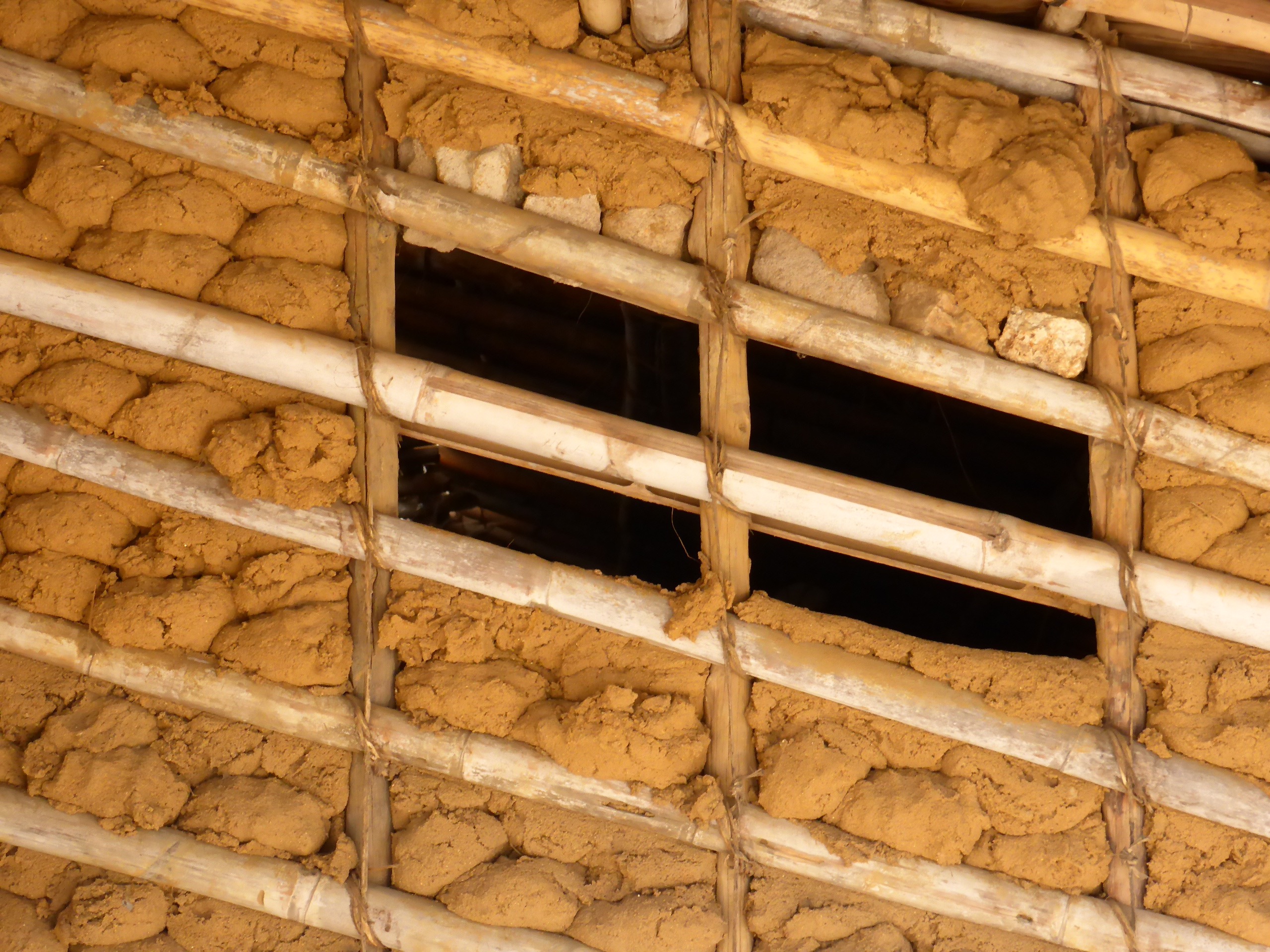
TABLE OF CONTENTS
Foreword by Michael Turner
Abstract
1 | Introduction
1.1 Spontaneous Living Spaces, a research project
1.2 Understanding Africa’s great cultural chance
1.3 A glance at Mozambique
2 | Studying the Mozambican self-built houses in the city of Pemba
2.1 The relevance of the current housing issue in Mozambique
2.2 Pemba and its relevance in the dwelling issue
2.3 Research goals
2.4 Methodology and essential literature review
2.5 Chapters organization
3 | An interpretative framework of habitation in Mozambique
3.1 The origins of the Mozambican house
3.2 Outlining the urbanization trends over the history of Mozambique: from a rural to an urban society
4 | Understanding Pemba
4.1 An integrated analysis
4.2 City scale overview
4.3 Framing the Pemba case study
5 | Unpacking four settlement types in Pemba
5.1 The four selected neighbourhoods: selection and survey
5.2 Formation and recent evolution
5.3 Urban morphology
5.4 Houses’ spaces and functions
5.5 Elements and objects
5.6 Types analysis and typology determination
5.7 New characters of living
6 | Conclusions
List of figures and tables
Acronyms
Essential Glossary
Acknowledgements
ABOUT THE AUTHOR
Corinna Del Bianco, PhD, is a researcher in architecture and urban studies, adjunct professor of urban design at the Politecnico di Milano, Italy. Her research and professional interests regard the documentation and analysis of the places’ cultural identity with a focus on the culture of living in self-built urban environments. She is a founder and board member of the Fondazione Romualdo Del Bianco, a private foundation based in Florence, Italy, dedicated to dialogue among cultures and scientific coordinator of the Istituto Internazionale Life Beyond Tourism.
Photos by Corinna Del Bianco | All rights reserved ©
Online resources and links




Planum
The Journal of Urbanism
ISSN 1723-0993
owned by
Istituto Nazionale di Urbanistica
published by
Planum Association
ISSN 1723-0993 | Registered at Court of Rome 4/12/2001, num. 514/2001
Web site realized by ChannelWeb & Planum Association | Powered by BEdita 3
